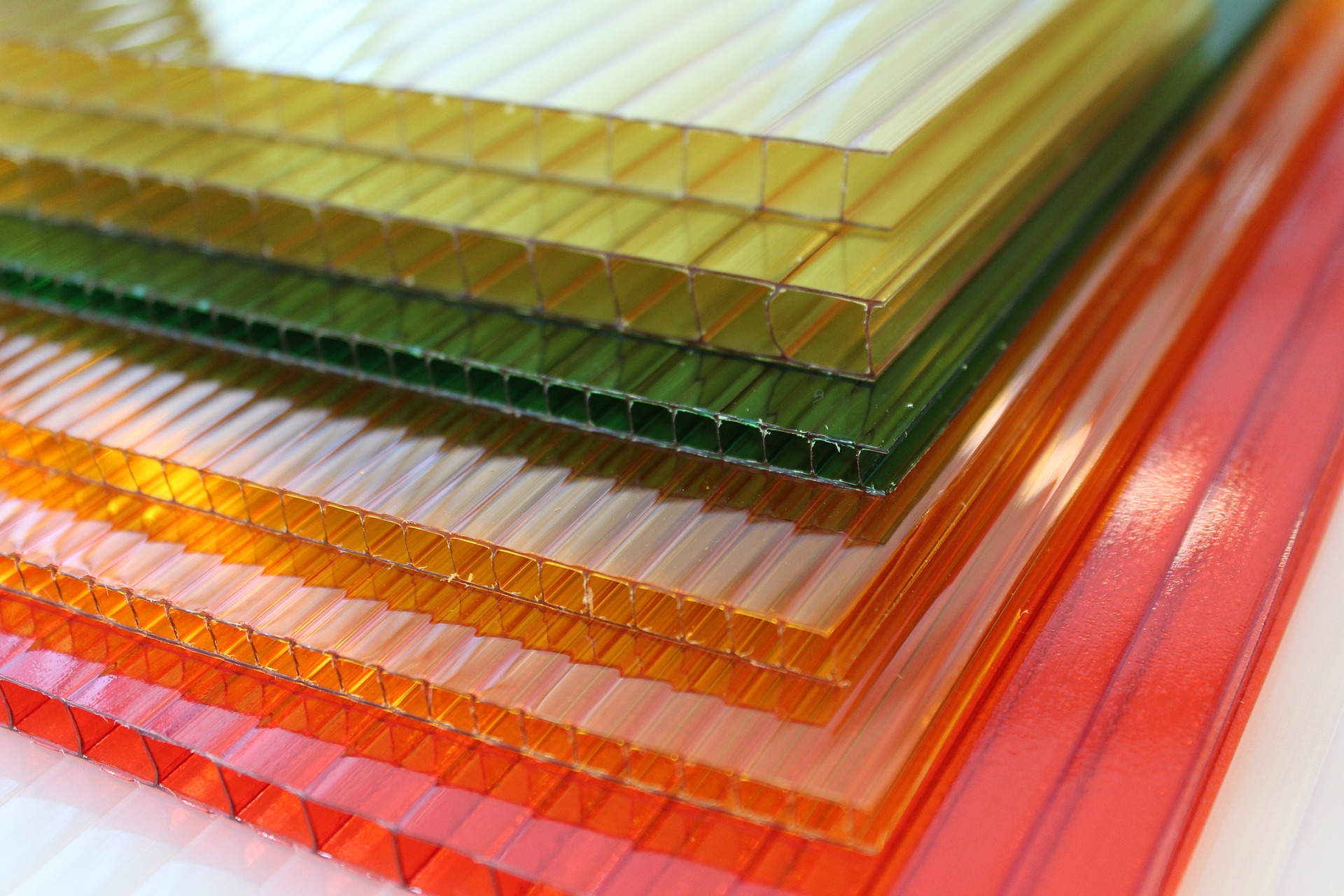CO2 emissions and biomass to produce new biodegradable and renewable polymers
Bilbao, 16 April 2024. Plastic plays an essential role in modern society, but it also has a significant impact on the climate and environment. The EU’s transition towards a circular, resource-efficient and climate-neutral economy, together with the ambition to achieve zero pollution, has triggered a general rethink of how plastic is produced, used and managed at the end of it useful life.
In this context, bio-based, biodegradable and compostable plastic is appearing in our daily lives as an alternative. Although this plastic currently accounts for only 0.5% (2.3 tonnes) of more than 400 million tonnes of plastic produced annually, Plastics Europe predicts that the replacement of fossil-based plastics by circular plastics from recycled and renewable raw materials will be gradual and could reach 25% by 2030 and 65% by 2050 with the right policies and support for the development of innovation projects in the plastics sector.
Reduction of CO2 emissions in the coming years
In order to achieve Europe’s ambitious climate targets, CO2 emissions have to be reduced significantly in the coming years. While much of this can be achieved by investing in energy efficiency and renewable energy, the need for technologies to capture, store and use CO2 as a raw material is becoming increasingly important.
This will be particularly important in sectors where it is more difficult to reduce emissions, such as cement and energy recovery from waste. To meet climate neutrality targets, the EU will have to be prepared to capture at least 50 million tonnes of CO2 per year by 2030, 80 million tonnes by 2040 and around 450 million tonnes by 2050.
New biodegradable and renewable polymers
In order to face these two challenges, the PREBIO2 project “Renewable, BIOdegradable and BIOcompatible polycarbonates from CO2 for strategic sectors in the Basque Country”, led by TECNALIA and with the participation of GAIKER, the UPV/EHU, BCMaterials, NEIKER and ACLIMA, is aiming to help develop new biodegradable and renewable polymers using CO2 emissions and biomass as raw materials.
PREBIO2 has focused on generating knowledge of the synthesis of polycarbonates, a specific type of plastic, from CO2, as well as their processing and use in different applications for agriculture, health and printed electronics. Most polycarbonates are non-renewable, non-biodegradable and are derived from bisphenol A (BPA), a substance of concern because of its potential risk to human health, according to the latest reviews by the EFSA Food Safety Agency.
This project has developed the following:
- AI models to predict macroscopic characteristics of materials (polymers) based on their molecular design (monomer structure). The most important contribution of AI in this case is that it significantly reduces experiment times, which will bring about a real revolution in the design of new materials.
- Processes for the synthesis of different types of polycarbonates from CO2.
- Plastic transformation processes by extrusion and 3D printing to manufacture biodegradable films and parts for agriculture.
- Composites based on CO2-derived polycarbonates and carbonaceous fillers to manufacture sensors.
- Validation of the absence of cytotoxicity of the developed materials, opening the door to their use in the field of healthcare.
The continuation of the lines of research started in the project and the transfer of PREBIO2 results are an opportunity to increase business competitiveness in many areas: eco-design of products, development of more sustainable production processes, reduction of the consumption of fossil raw materials and direct reduction of CO2 emissions, in line with the European ecological transition objectives, which will bring about a profound change in current production models.
With a budget of more than 600,000 euros and a duration of two years, PREBIO2 has received funding from the Elkartek Collaborative Research grant programme of the Basque Government’s Department of Economic Development, Sustainability and Environment.

